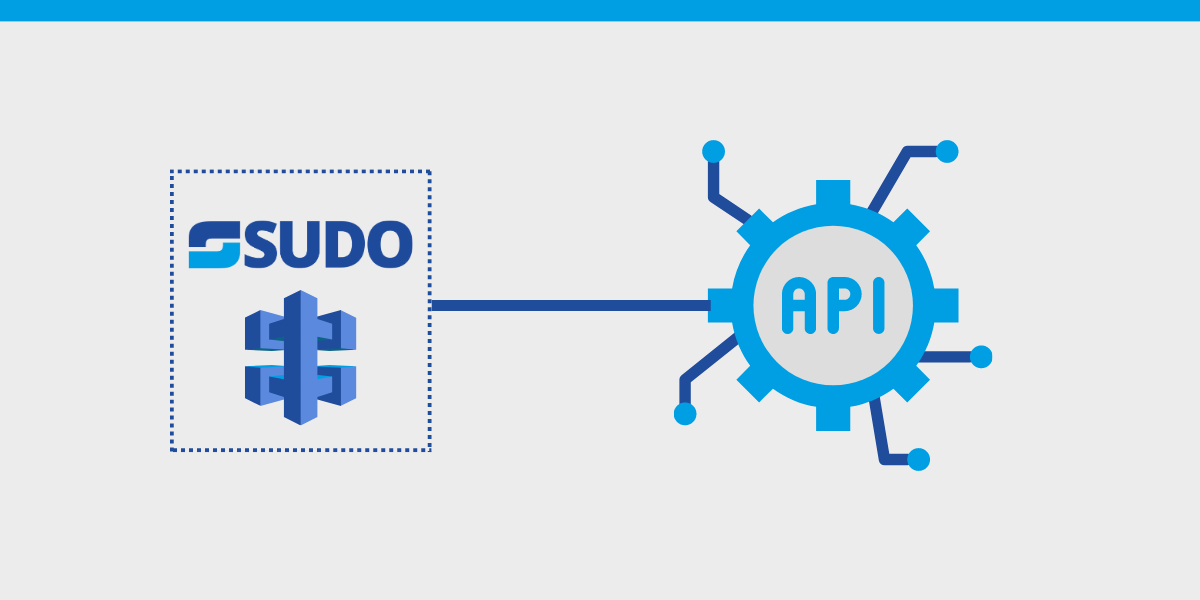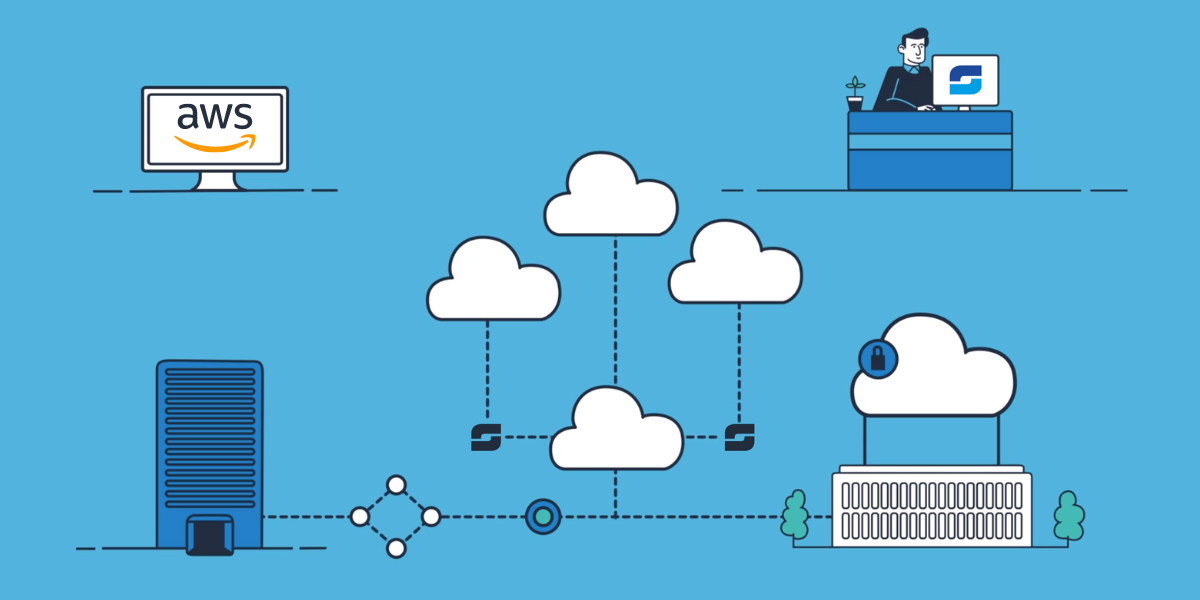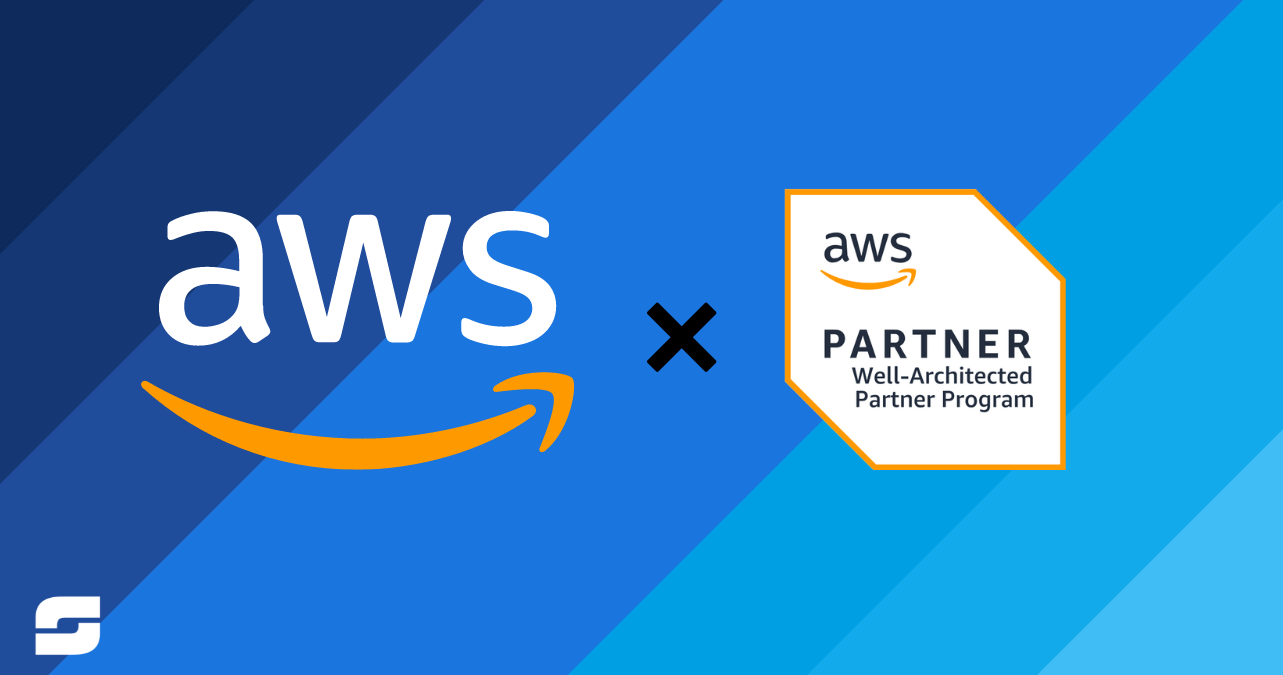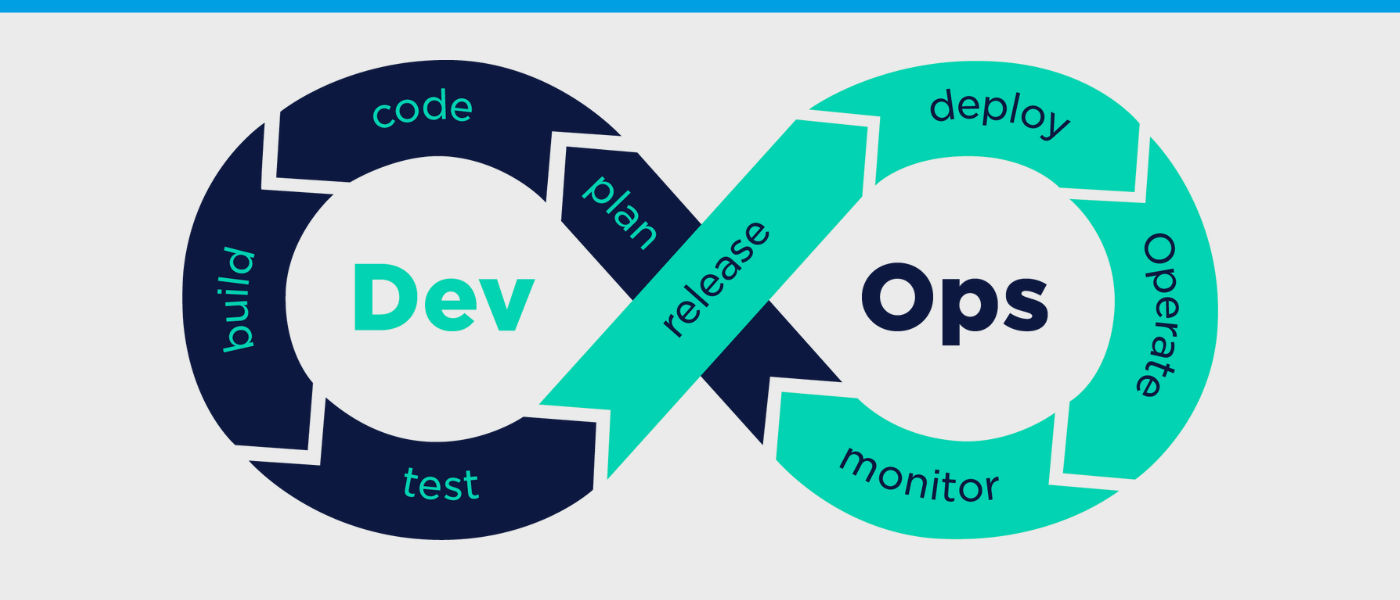Amazon API Gateway is a fully managed service that makes it easy for developers to create, publish, maintain, monitor, and secure APIs at any scale. With Amazon API Gateway; you can create RESTful, HTTP, and WebSocket APIs, which can be used to connect to various backends, including AWS Lambda, Amazon Elastic Container Service (ECS), and […]
A web application firewall (WAF) is an important security tool that protects your web applications by acting as a gatekeeper. It sits in front of your web application, analyzing each incoming request and making sure it doesn’t contain any malicious intent. Think of it as a bouncer for your website, checking for any suspicious activity […]
A hybrid cloud strategy is a solution that combines on-premises infrastructure with public cloud services like Amazon Web Services (AWS). This strategy enables organizations to reap the benefits of both environments, such as the ability to scale resources on-demand and the flexibility to run applications in the environment that best meets their requirements. This blog […]
HashiCorp Terraform is an open-source tool for managing infrastructure as code. Users can use a simple declarative language to define and deploy infrastructure resources like virtual machines, storage, and networking. One of the many cloud providers supported by Terraform is Amazon Web Services (AWS). In this blog post, we will focus on using Terraform to […]
AWS Partnership is about more than just having your company name on our website. It’s a two-way street where we work together to build a successful business. Here are some of the benefits that our partners receive: As an AWS Partner, you have access to a wealth of resources, including technical support, marketing collateral, and […]
Terraform is an open-source tool used to manage infrastructure and application deployments. It lets developers define and deploy their entire cloud infrastructure with just a few lines of code. This makes it much easier for teams to manage their cloud environments and can significantly reduce development time. Let’s explore how Hashicorp’s Terraform works and how […]
AWS data mesh is a way to collect and process data. A data mesh is a decentralized architectural pattern that enables organizations to securely and efficiently sharing data across teams – think micro services for data. AWS can help you to simplify your data management process and make it more efficient. AWS data mesh is […]
SSL certificates are an essential part of website security. They protect data from being exposed, and they authenticate the sender so that no one but you can access your information online! In this ever-changing cyber world, you need to be aware of how your data can potentially leak or become compromised. Educate yourself on the […]
Are you considering partnering with a DevOps provider? If so, you’re not alone. In recent years, more and more businesses have been making the switch to DevOps in order to improve their speed, efficiency, and overall quality. There are many benefits of partnering with a DevOps provider. Perhaps the most obvious benefit is that it […]
The AWS Well-Architected Framework is a set of guidelines and best practices for building secure and scalable systems in the cloud. The framework consists of six pillars: In this blog post, we will take a closer look at each of the AWS Well-Architected Framework pillars. Security The first pillar of the AWS Well-Architected Framework is […]


![Why you need an AWS web application firewall [5 min Read]](https://sudoconsultants.com/wp-content/uploads/2023/01/Web-Application-Firewall.png)

![Using Terraform with Amazon EKS | Easy Guide [6 Min Read]](https://sudoconsultants.com/wp-content/uploads/2022/12/Terraform-with-Amazon-EKS.png)

![Unlocking the Power of Hashicorp’s Terraform [8 Min Read]](https://sudoconsultants.com/wp-content/uploads/2022/12/Terraform-sudo.png)
![What is AWS data mesh and why its amazing [5 min read]](https://sudoconsultants.com/wp-content/uploads/2022/11/Data-Mesh.png)


![The Essential 6 Pillars of the AWS Well-Architected Framework [8 min Read]](https://sudoconsultants.com/wp-content/uploads/2022/11/AWS-Well-Architected-Framework.png)